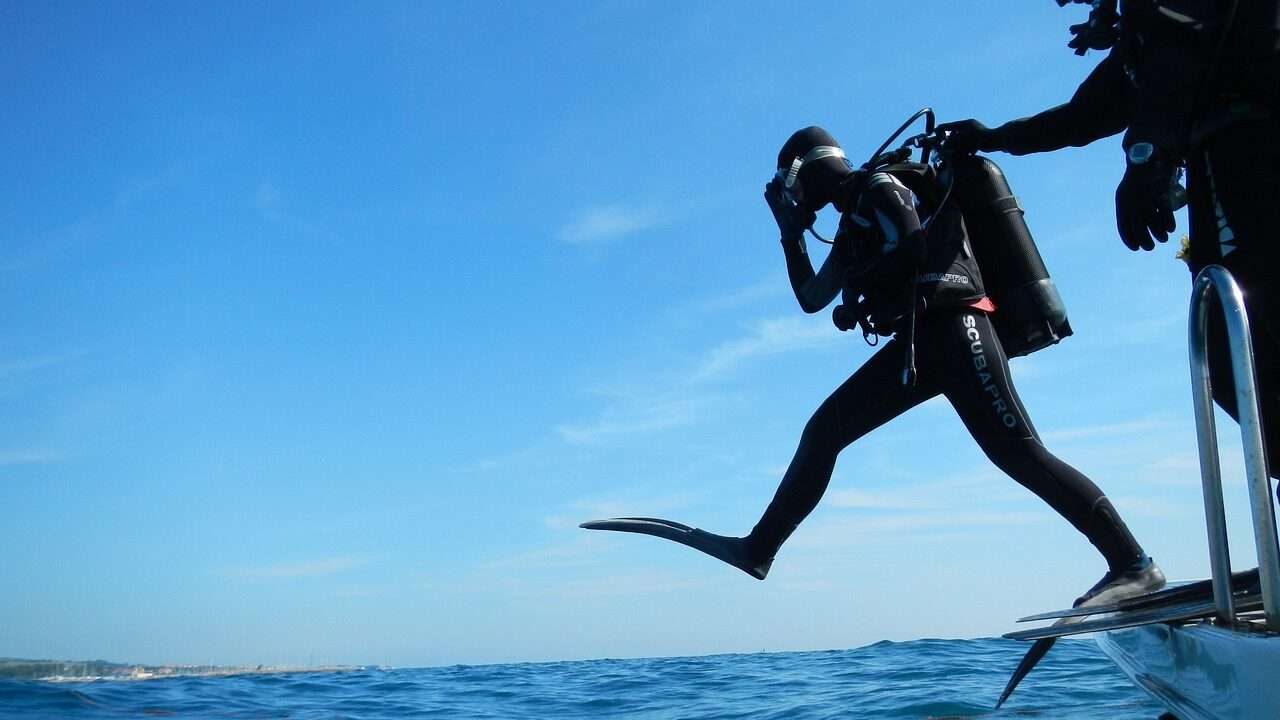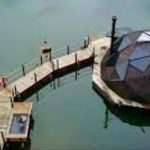
Welcome to the awe-inspiring realm of scuba diving, where the human spirit merges with the enigmatic depths of the underwater world. Prepare to embark on an extraordinary journey that unveils the secrets of a mesmerizing universe beneath the waves. In this comprehensive guide, we invite you to immerse yourself in the captivating art of scuba diving, where the fusion of exploration, adventure, and discovery awaits. Let us be your trusted companion as we delve into the depths, unraveling the mysteries that lie beneath the surface.
Plunging into the Abyss: The Essence of Scuba Diving
Scuba diving, an art form that epitomizes the convergence of human courage and aquatic serenity, transports you into a surreal realm where gravity loses its grip, and time seems to stand still. It is an exhilarating symphony of movement, where buoyancy becomes your ally, and the underwater landscape unfolds like a vivid dream.
Embracing the Underwater Wilderness
1. Mastering the Dive Gear: An Extension of Exploration
Scuba diving begins with the selection and preparation of essential dive gear—a life-supporting ensemble that grants access to the hidden wonders of the underwater world. From the sturdy and reliable dive mask that allows you to see clearly amidst the aquatic tapestry, to the buoyancy control device (BCD) that facilitates effortless maneuverability, each piece of equipment serves a crucial role in enhancing your underwater experience.
2. Understanding the Aquatic Ecosystem: Nature's Submerged Canvas
To truly appreciate the marvels that await beneath the waves, it is essential to understand the intricacies of the underwater ecosystem. Delve into the fascinating world of coral reefs, where vibrant colors and diverse marine life coalesce in a breathtaking display of nature's artistry. Learn about the delicate balance of marine ecosystems, the symbiotic relationships between species, and the ecological importance of preserving these fragile habitats for future generations.
3. Mastering Dive Techniques: Dancing with the Currents
Scuba diving demands a mastery of specialized techniques that enable you to navigate the underwater environment with grace and confidence. From controlling your buoyancy to executing efficient fin kicks, honing these skills ensures a seamless interaction with the aquatic world. Discover the intricacies of proper breathing techniques, achieving neutral buoyancy, and adapting to changing water conditions. With practice, you will unlock the ability to explore with ease and immerse yourself fully in the ethereal embrace of the underwater realm.
Frequently Asked Questions (FAQs)
1. What is the minimum age requirement for scuba diving?
The minimum age requirement for scuba diving varies depending on the certification agencies and countries. Generally, children can start learning to scuba dive from the age of 10 or 12, depending on the program. However, it is essential to consider individual maturity levels and physical capabilities when determining if a child is ready to undertake scuba diving.
2. Are there any health restrictions for scuba diving?
Scuba diving is a physically demanding activity, and certain medical conditions can pose risks underwater. It is crucial to complete a medical questionnaire and obtain medical clearance from a qualified physician before engaging in scuba diving. Conditions such as cardiovascular issues, respiratory disorders, and ear problems may require special consideration and clearance.
3. What are the best dive destinations in the world?
The world is adorned with remarkable dive destinations that offer unparalleled underwater experiences. From the vibrant reefs of the Great Barrier Reef in Australia to the captivating cenotes of Mexico's Yucatan Peninsula, the choices are boundless. Other iconic dive sites include the Maldives, the Red Sea, Palau, and the Galapagos Islands. Each destination boasts its unique blend of marine life, topography, and diving opportunities, making it a haven for enthusiasts and adventurers alike.
4. How long does it take to become a certified scuba diver?
The duration required to become a certified scuba diver depends on the certification path chosen. Entry-level certifications such as the Open Water Diver course typically span several days and encompass theoretical knowledge development, confined water training, and open water dives. Advanced certifications and specialty courses offer further opportunities to expand your skills and knowledge, allowing you to explore more challenging dive sites and environments.
5. What are the essential safety guidelines for scuba diving?
Safety is paramount in scuba diving, and adherence to established guidelines ensures a secure and enjoyable experience. Prioritize thorough pre-dive checks, maintain proper dive buddy communication, and practice responsible diving behaviors. Always dive within your limits, stay well-hydrated, and ascend slowly to prevent decompression sickness. Regular equipment maintenance and periodic refresher courses contribute to maintaining a high level of safety awareness.
Conclusion
In the boundless realm of scuba diving, a world of indescribable beauty and extraordinary experiences awaits those who dare to venture below the surface. The art of diving encompasses a profound connection with nature, an exploration of hidden realms, and a communion with the untamed wonders of the underwater world. As you embark on your scuba diving journey, remember to always prioritize safety, respect the fragile marine ecosystems, and revel in the captivating splendor that lies beneath the waves. Let the currents guide you, and may each dive be an unforgettable testament to the resilience and majesty of our planet's submerged treasures.











